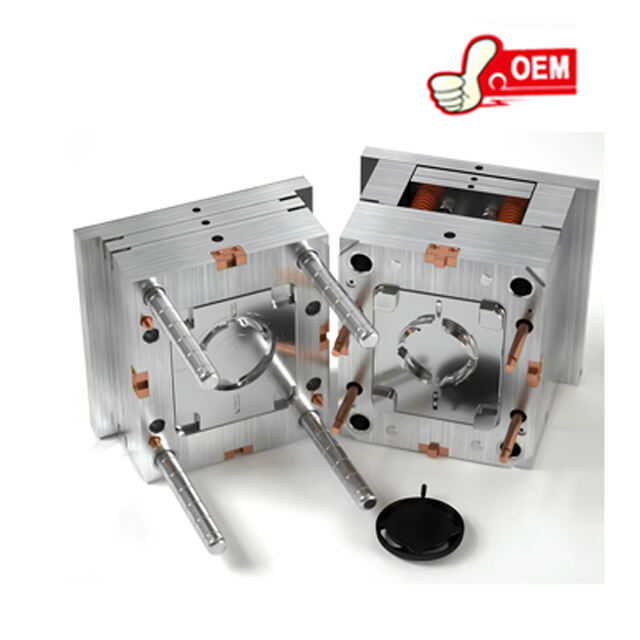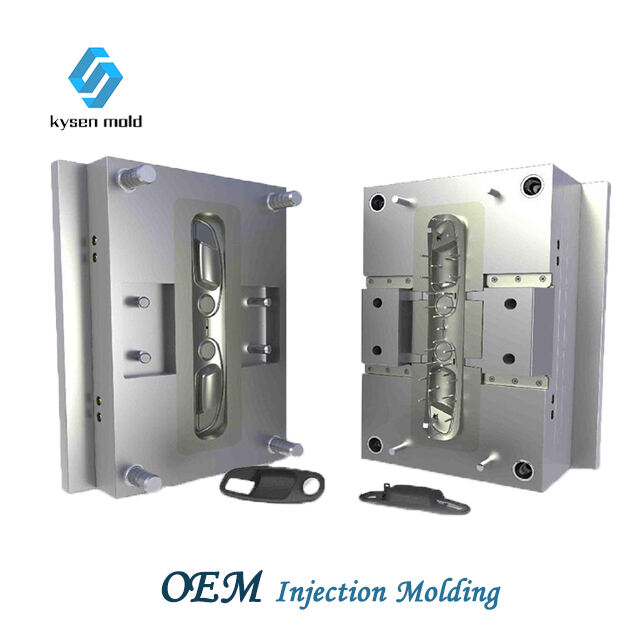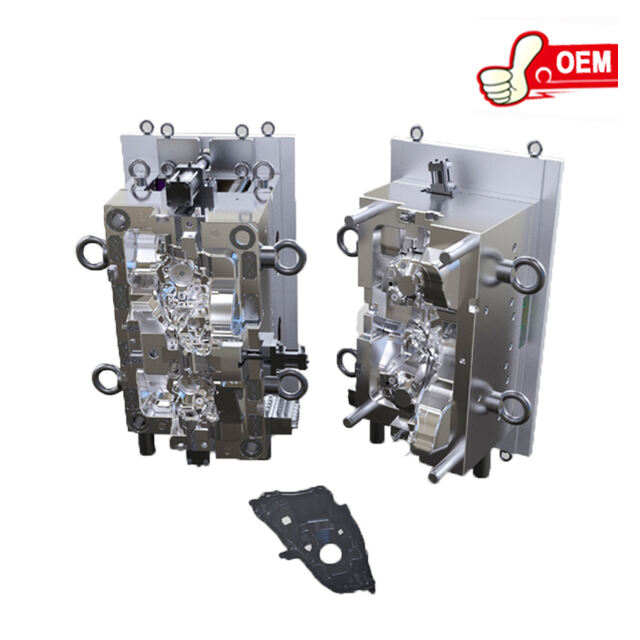mold and plastic
Mold and plastic technologies are fundamental in modern manufacturing, serving a variety of essential functions. Molds are precision-engineered tools that shape and form plastics into desired products, and plastics are versatile materials that, when molded, can become anything from simple containers to complex automotive parts. The main functions of molds include casting, forming, and trimming, which are enabled by their precise cavity shapes and advanced cooling systems. Technological features such as injection molding, blow molding, and rotational molding allow for high-volume and high-precision production. In terms of applications, molds and plastics are used across industries from automotive and aerospace to healthcare and consumer goods, showcasing their indispensable role in producing durable, cost-effective, and customizable components and products.


